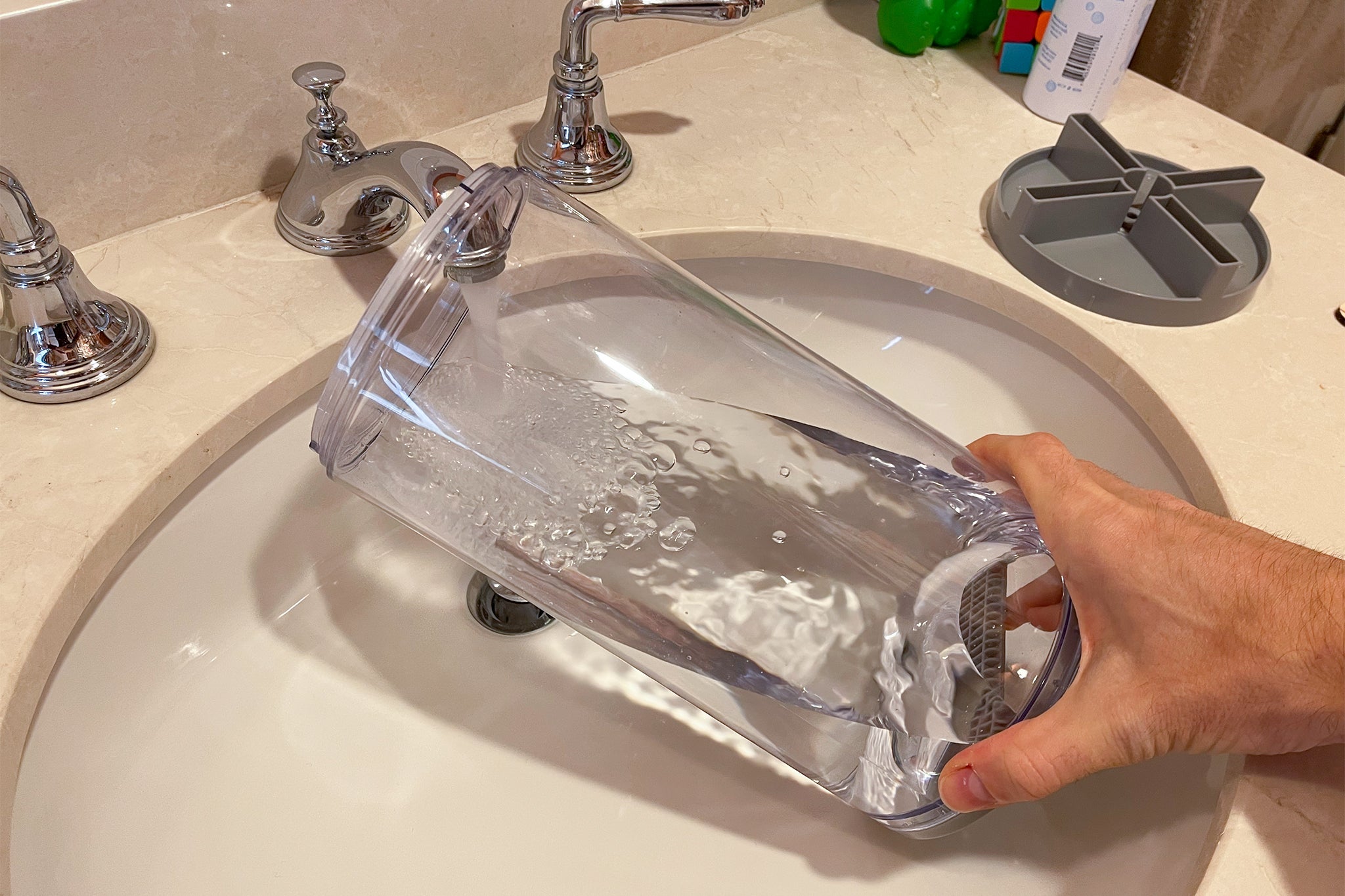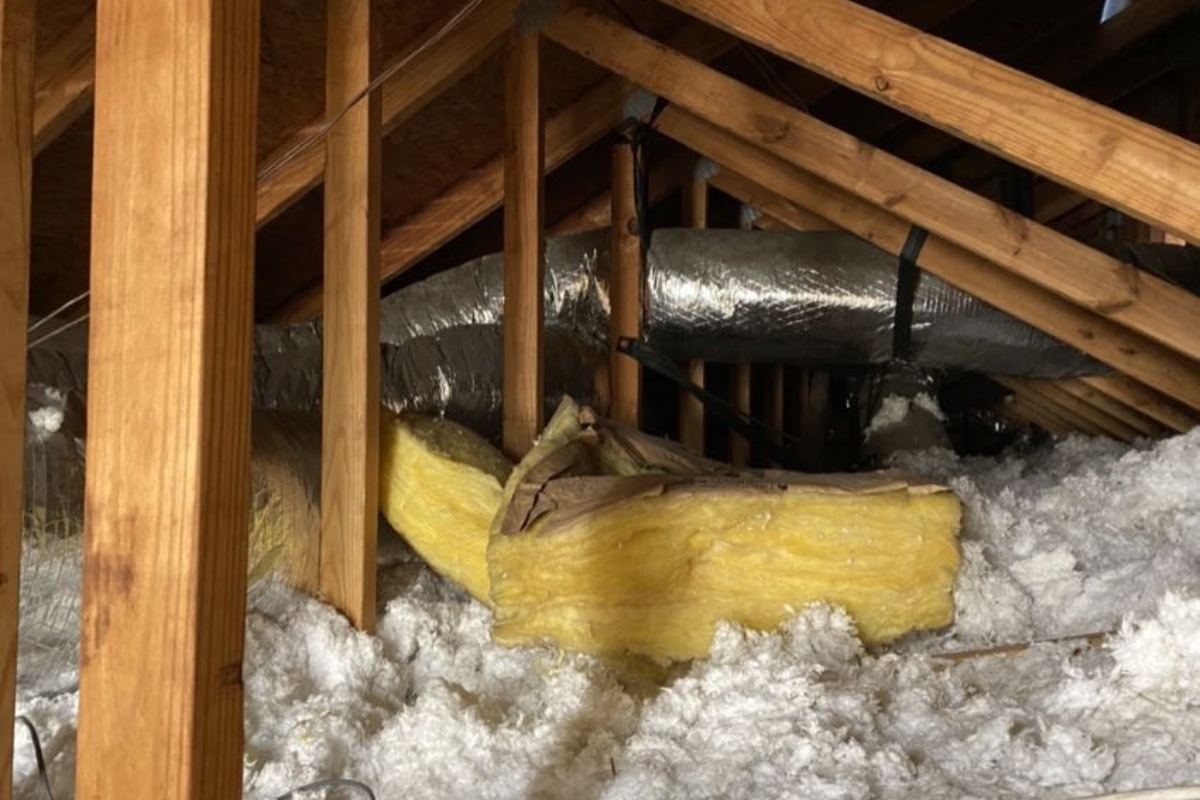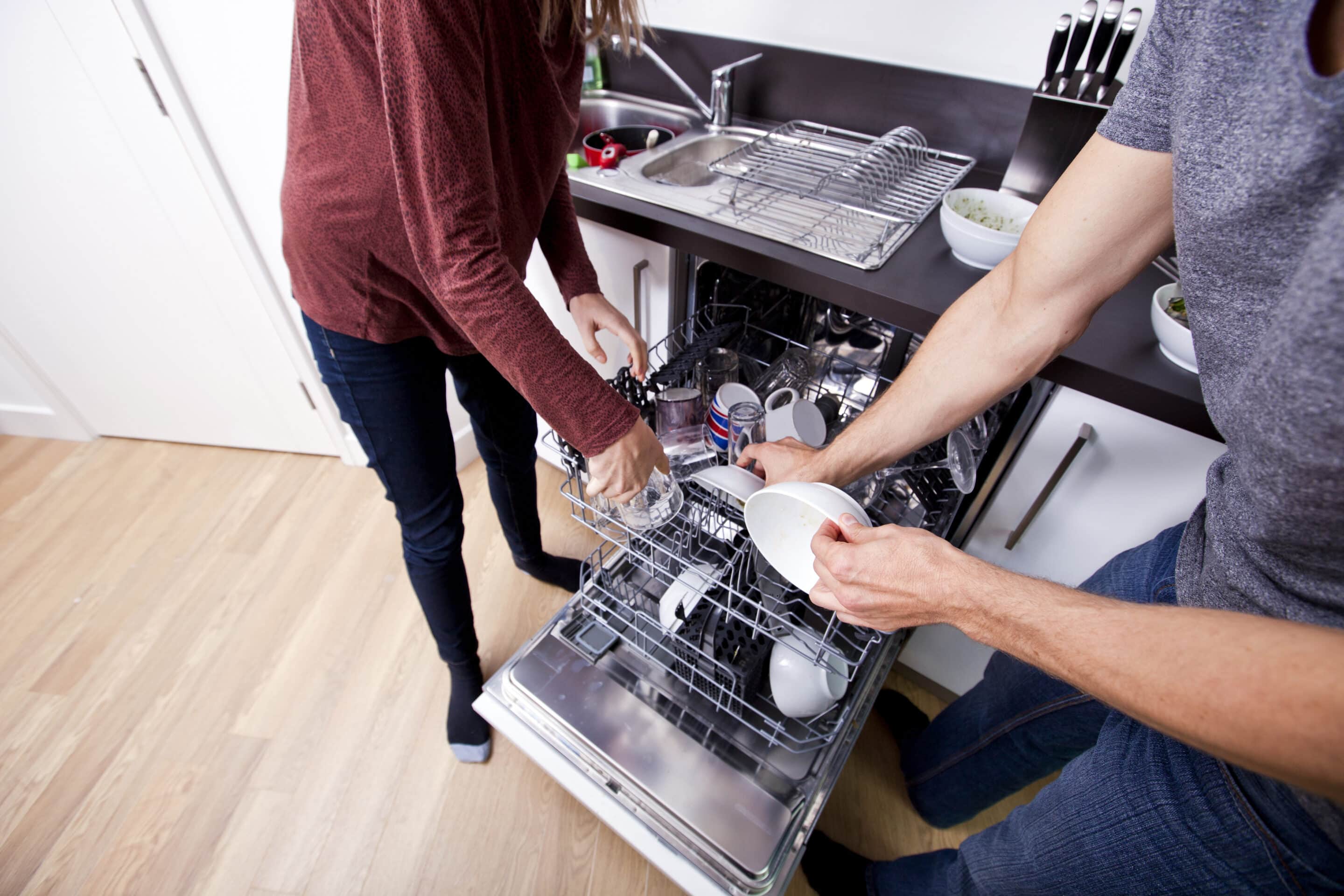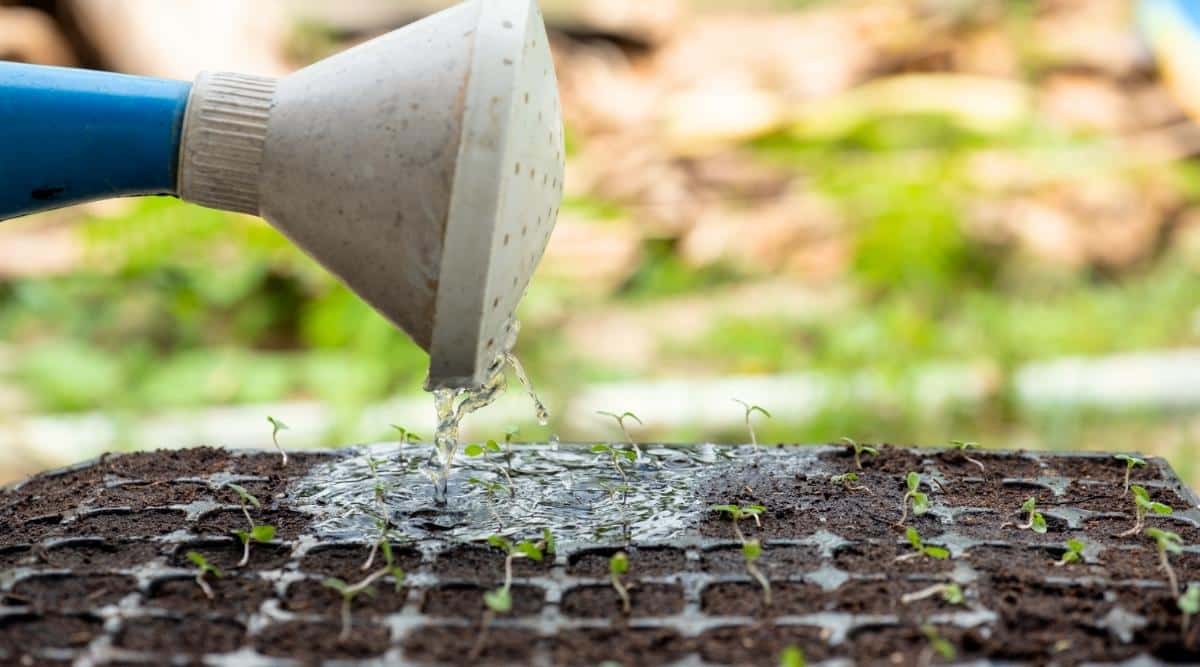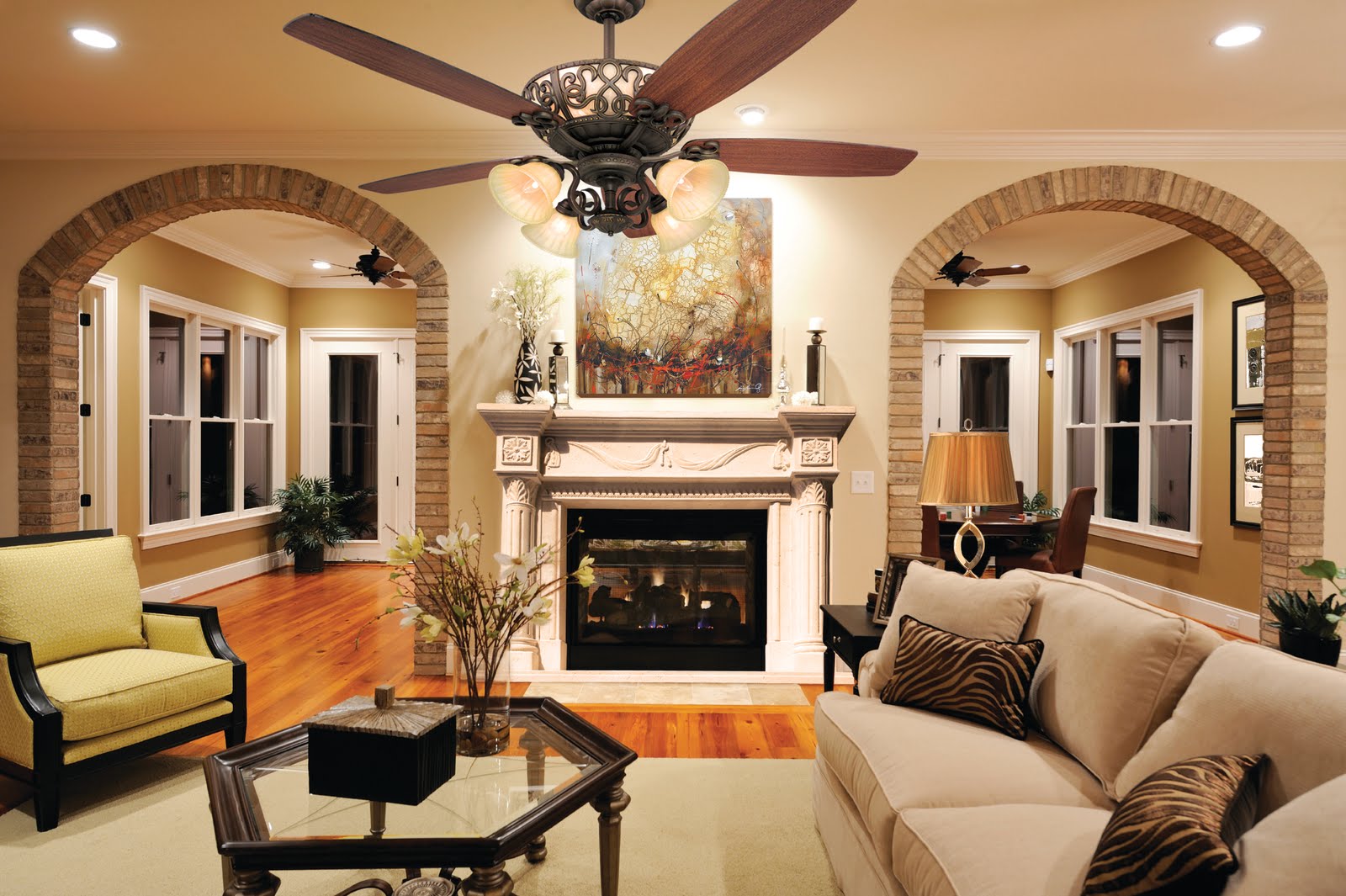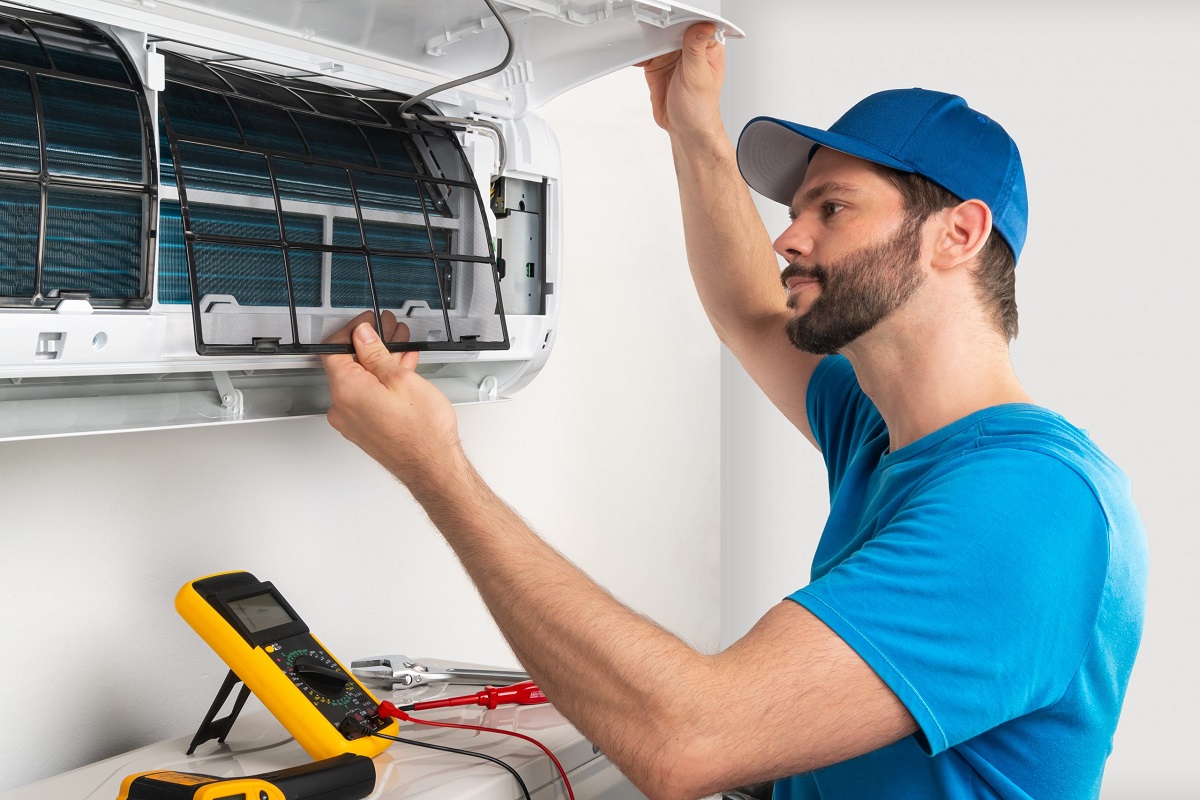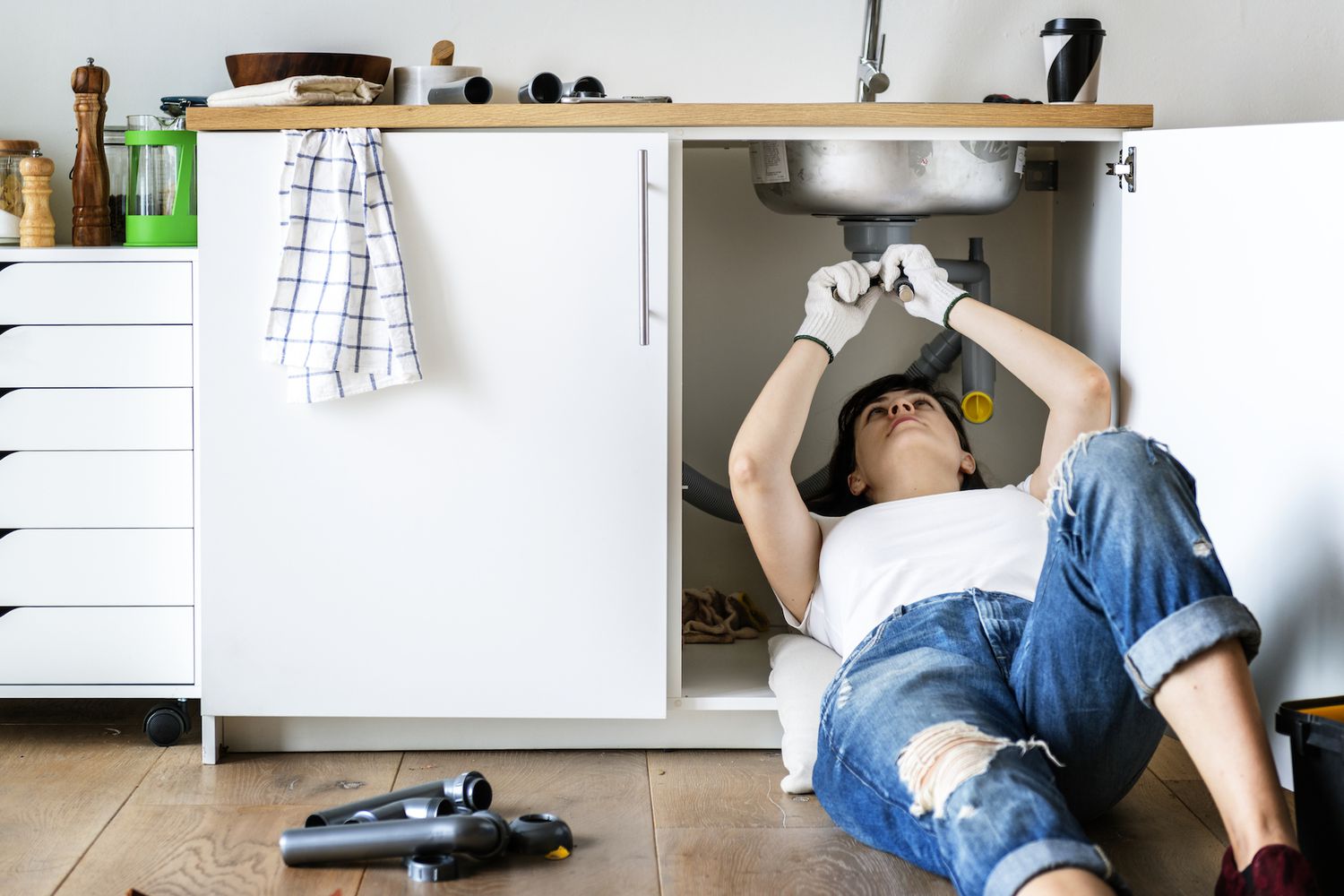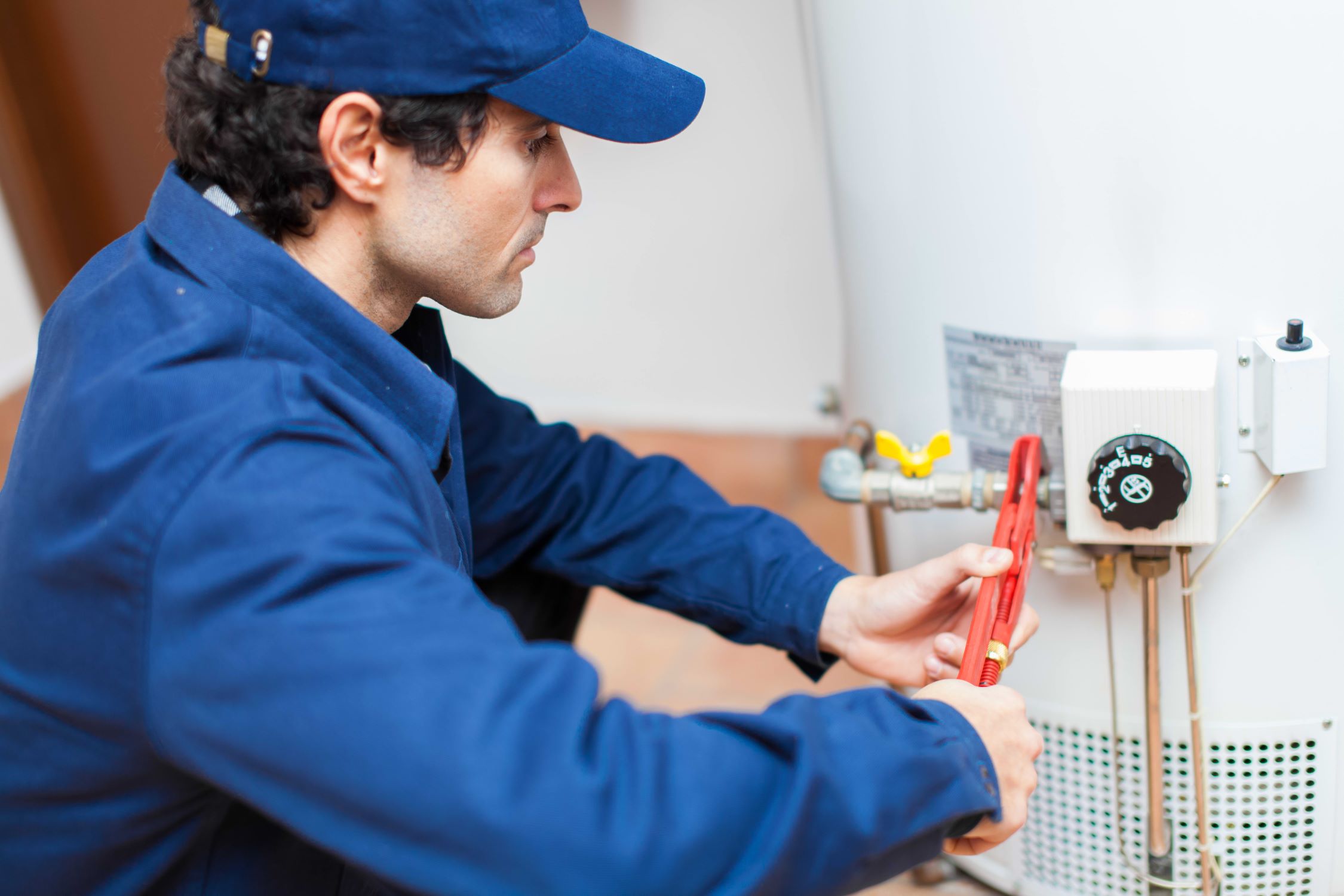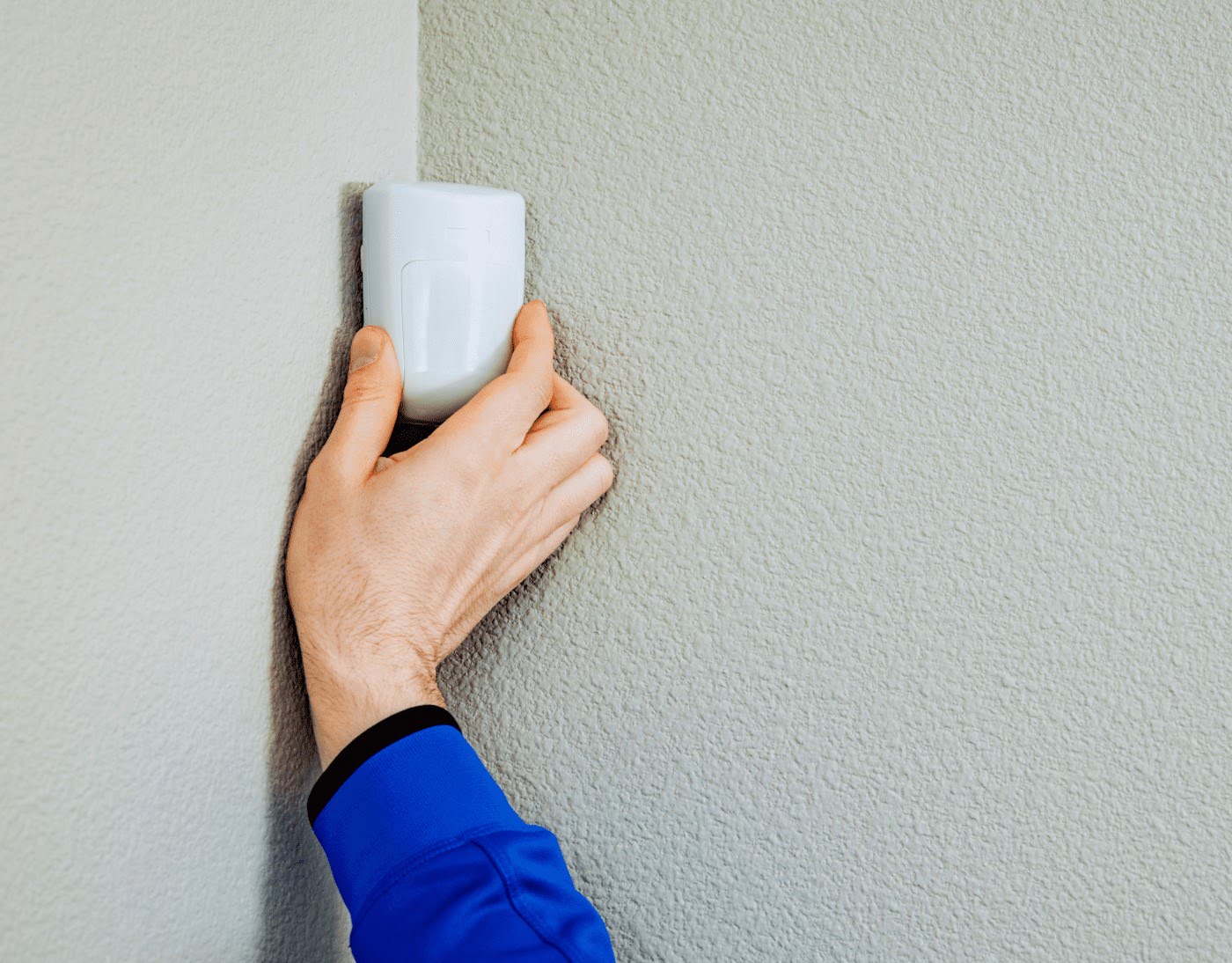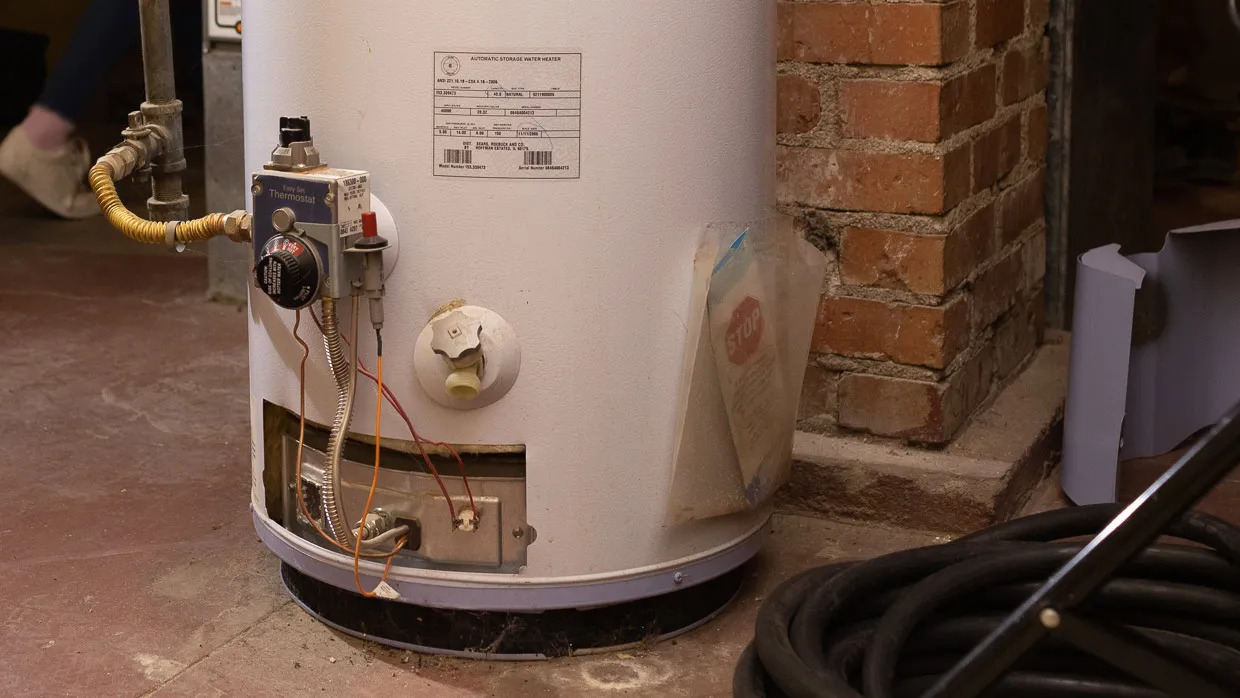Home>Home Maintenance>How Much Should You Budget For Home Maintenance


Home Maintenance
How Much Should You Budget For Home Maintenance
Modified: March 6, 2024
Discover how much you should budget for home maintenance to keep your property in top shape. Get expert tips and advice on home maintenance costs.
(Many of the links in this article redirect to a specific reviewed product. Your purchase of these products through affiliate links helps to generate commission for Storables.com, at no extra cost. Learn more)
Introduction
Welcome to the world of homeownership! Owning a home is a significant achievement and a source of pride for many people. However, along with the joy and comfort that comes with owning a home, there is also the responsibility of maintaining it. Proper home maintenance is crucial for preserving the value of your property, ensuring the safety of your family, and preventing costly repairs down the line.
One essential aspect of home maintenance is budgeting. Without a well-planned budget, unexpected repairs and maintenance tasks can quickly drain your finances. But how much should you allocate for home maintenance in your budget?
In this article, we will explore the factors to consider when budgeting for home maintenance, provide average costs for common home maintenance items, and share tips for saving on home maintenance costs. So, let’s dive in and discover how to budget wisely for home maintenance!
Key Takeaways:
- Budgeting for home maintenance is crucial for preserving property value, ensuring safety, and preventing costly repairs. Consider factors like property size, past maintenance, and emergency funds to create a realistic budget.
- Regular home maintenance is essential for preserving property value, preventing costly repairs, and creating a safe and comfortable living environment. By budgeting and implementing cost-saving strategies, homeowners can protect their investment and enjoy a well-maintained home.
Read more: How Much Should I Budget For Home Repairs
Importance of Home Maintenance
Home maintenance is not just about fixing a leaky faucet or painting the walls; it encompasses a wide range of tasks that are crucial for preserving the integrity and functionality of your home.
First and foremost, regular home maintenance helps to identify and address minor issues before they escalate into major problems. By inspecting your home regularly, you can catch small repairs early on, saving you from costly repairs or replacements in the future.
Home maintenance also plays a vital role in maintaining the value of your property. When potential buyers evaluate a home, they look for signs of proper upkeep and maintenance. A well-maintained home is likely to fetch a higher resale value compared to a neglected property.
Furthermore, home maintenance enhances the safety and well-being of your family. Regularly inspecting electrical systems, appliances, and structural aspects of your home can help identify potential hazards and mitigate risks. By addressing safety concerns promptly, you can ensure the well-being of your loved ones and prevent accidents.
In addition to these practical reasons, home maintenance also contributes to the overall aesthetics and comfort of your living space. A well-maintained home creates a pleasant and inviting atmosphere for you, your family, and guests. It allows you to take pride in your home and enjoy its beauty and functionality.
Overall, home maintenance is an essential aspect of being a responsible homeowner. It not only protects your investment but also provides a safe and comfortable living environment. Now that we understand the significance of home maintenance, let’s explore the factors to consider when budgeting for it.
Factors to Consider When Budgeting for Home Maintenance
When creating a budget for home maintenance, several factors should be taken into account to ensure that you allocate enough funds for all necessary tasks. Here are some key considerations:
- Age and condition of your home: Older homes generally require more maintenance compared to newer ones. Consider the age and condition of your home to determine the potential maintenance needs.
- Size and type of your property: The size and type of your property can impact the maintenance costs. A larger property may require more materials and labor, while specific property types (such as a condo or townhouse) may have additional fees or shared maintenance responsibilities.
- Geographical location: Different regions have varying climate conditions and environmental factors that can affect home maintenance requirements. For example, homes in areas prone to extreme weather conditions may need extra protection or repairs.
- Age and condition of major systems: Consider the age and condition of your home’s major systems, such as HVAC, plumbing, and electrical. Older systems may require more frequent inspections and repairs.
- Past maintenance history: Reflect on the maintenance tasks you have performed in the past and any recurring issues you have encountered. This can give you insights into the potential future costs.
- Seasonal maintenance: Certain maintenance tasks need to be done seasonally, such as gutter cleaning in the fall or air conditioner maintenance in the spring. Take these seasonal tasks into account when planning your budget.
- Emergency fund: It’s always wise to have an emergency fund specifically for unforeseen repairs or emergencies. Setting aside a portion of your budget for unexpected expenses can help alleviate financial stress when emergencies arise.
- Estimates and professional advice: Gather estimates from professionals for any major repairs or renovations that you anticipate in the near future. This will give you a realistic idea of the potential costs involved.
By considering these factors, you can create a comprehensive and accurate budget that accounts for all the necessary maintenance tasks your home may require. These factors will help you determine a suitable amount to allocate for home maintenance. In the next section, we will explore the average costs of common home maintenance items to further assist you in budgeting effectively.
Average Costs of Common Home Maintenance Items
When budgeting for home maintenance, it’s important to have an idea of the average costs of common maintenance items. While these costs can vary depending on factors like location and the size of your home, understanding the general range of expenses can help you plan your budget more effectively. Here are some common home maintenance items and their average costs:
- Annual HVAC maintenance: A routine HVAC inspection and maintenance can cost between $80 and $150. This typically includes cleaning or replacing filters, checking electrical components, and ensuring proper functionality.
- Exterior painting: The cost of exterior painting depends on various factors, such as the size of your home, the condition of the exterior surfaces, and the quality of paint. On average, you can expect to spend between $1,500 and $4,000 for a professional exterior paint job.
- Gutter cleaning: Hiring professionals to clean your gutters can cost around $100 to $200, depending on the size of your home and the condition of the gutters.
- Roof repairs: The cost of roof repairs can vary significantly depending on the extent of the damage and the type of roofing material. Minor repairs can cost anywhere from $150 to $1,000, while major repairs or replacements can range from $5,000 to $12,000 or more.
- Plumbing repairs: The cost of plumbing repairs can vary depending on the complexity of the issue. Minor repairs, such as fixing a leaky faucet, can cost around $100 to $200, while more extensive repairs, such as replacing a water heater or fixing a burst pipe, can range from $500 to $1,500 or more.
- Electrical repairs: The cost of electrical repairs depends on the nature and complexity of the issue. Minor repairs, like replacing a light switch or outlet, can cost around $100 to $200, while more extensive repairs or rewiring projects can range from $500 to $3,000 or more.
- Deck maintenance: Depending on the size and condition of your deck, you can expect to spend between $500 and $1,000 for routine maintenance, including cleaning, staining, and sealing.
Remember, these are just average costs, and actual expenses can vary. It’s important to obtain estimates from professionals for specific maintenance tasks you need to undertake in order to get a more accurate budget estimate. Next, let’s explore how you can create a home maintenance budget that works for you.
Creating a Home Maintenance Budget
Now that you have an understanding of the factors to consider and the average costs of common home maintenance items, it’s time to create a budget that suits your needs. Here are some steps to help you create an effective home maintenance budget:
- Assess your current expenses: Begin by evaluating your current expenses related to home maintenance. This includes past maintenance costs, regular services, and any recurring payments for warranties or maintenance plans.
- Estimate annual expenses: Estimate the annual costs for routine maintenance items, such as HVAC maintenance, gutter cleaning, and landscaping. Use the average costs mentioned earlier as a guide, but adjust them based on the size and condition of your specific property.
- Consider major projects: Take into account any major projects that you anticipate in the near future, such as roof repairs, painting, or remodeling. Research the estimated costs for these projects and set aside a separate fund to cover them when the time comes.
- Allocate funds for emergencies: As mentioned earlier, it’s important to have an emergency fund specifically for unexpected repairs or emergencies. Set aside a portion of your budget for these unforeseen expenses.
- Set up a savings account: Create a separate savings account dedicated to home maintenance. This will help you keep your budget organized and provide a designated space to accumulate funds for future maintenance tasks.
- Track your spending: Regularly monitor your home maintenance expenses and compare them to your budget. This will help you stay on track and make adjustments if necessary.
- Review and revise: Periodically review and revise your home maintenance budget to account for any changes in expenses or upcoming projects. Stay proactive in monitoring and adjusting as needed.
Remember, it’s better to overestimate the budget slightly than to underestimate it. Unexpected expenses can arise, and having a cushion in your budget will give you peace of mind.
By following these steps, you can create a reliable home maintenance budget that allows you to tackle routine maintenance tasks and prepare for major repairs or renovations. Now, let’s explore some tips for saving on home maintenance costs.
It’s recommended to budget 1-3% of your home’s purchase price for annual maintenance. For example, if your home cost $300,000, budget $3,000-$9,000 per year.
Read more: How Often Should You Clean Dishwasher
Tips for Saving on Home Maintenance Costs
Home maintenance is an investment, but that doesn’t mean you can’t find ways to save money along the way. Here are some tips to help you reduce home maintenance costs without sacrificing the quality and integrity of your property:
- Regularly maintain and clean: Regular maintenance and cleaning can help prevent costly repairs down the line. Simple tasks like cleaning gutters, replacing air filters, and caulking windows can go a long way in preserving the condition of your home and avoiding major expenses.
- Learn to DIY: Many home maintenance tasks can be done yourself with the right tools and resources. Learning basic DIY skills such as painting, patching drywall, or fixing minor plumbing issues can save you money on labor costs.
- Comparison shop for contractors: When you do need to hire a professional, be sure to shop around and get multiple quotes. Compare not only the prices but also the quality of the work and reviews from previous clients. This will help you find the best value for your money.
- Take advantage of warranties and guarantees: If you have warranties or guarantees for appliances, systems, or home improvements, make sure to utilize them when issues arise. This can save you money on repair or replacement costs.
- Invest in energy-efficient upgrades: Upgrading to energy-efficient appliances, windows, and insulation may require an initial investment, but it can lead to significant savings on utility bills in the long run. Look for rebates and incentives that may be available in your area to further offset the costs.
- Maintain a healthy landscape: Properly maintaining your landscaping can prevent damage to your home’s foundation and exterior. Regularly trim trees and shrubs away from the house, ensure proper drainage, and use mulch to prevent weeds. This can save you from potential water damage and expensive repairs.
- Preventive pest control: Implement preventive measures, such as sealing cracks and crevices and keeping your home clean, to minimize the risk of pest infestations. Regularly inspect and address any signs of pests to prevent costly extermination and repair expenses.
- Stay up-to-date with maintenance: Keeping up with routine maintenance tasks can help identify and address issues early on, saving you from more expensive repairs down the line. Create a maintenance schedule and stick to it to avoid neglecting any crucial tasks.
By implementing these cost-saving measures, you can maintain your home without breaking the bank. Remember, it’s all about being proactive, informed, and resourceful when it comes to home maintenance.
Importance of Regular Home Maintenance
Regular home maintenance is not just about fixing problems as they arise; it’s about prevention and proactive care. Here are a few key reasons why regular home maintenance is so important:
- Preserving property value: Regular maintenance helps preserve the value of your property. By addressing issues promptly and maintaining your home’s condition, you can ensure that its value appreciates over time.
- Identifying potential hazards: Regular inspections can help identify potential hazards, such as electrical problems, mold growth, or structural issues. Addressing these hazards early on can prevent accidents and costly repairs.
- Enhancing energy efficiency: A well-maintained home is an energy-efficient home. By sealing drafts, upgrading insulation, and maintaining HVAC systems, you can reduce energy waste and lower your utility bills.
- Preventing major repairs: Regular maintenance can catch minor issues before they escalate into major problems. Fixing a small leak is much more cost-effective than dealing with water damage or structural issues resulting from neglect.
- Creating a healthy living environment: Proper maintenance helps create a healthy living environment for you and your family. Regular cleaning, maintenance of air filters, and checking for mold can improve indoor air quality and prevent health issues.
By understanding the importance of regular home maintenance and implementing a comprehensive maintenance routine, you can protect your investment and ensure a safe, comfortable, and efficient living space for years to come.
Importance of Regular Home Maintenance
Regular home maintenance plays a crucial role in keeping your home in optimal condition and protecting your investment. It involves a series of proactive tasks and inspections that are necessary for the long-term integrity, safety, and value of your property. Let’s explore the importance of regular home maintenance.
- Preserving property value: Regular maintenance helps preserve and even enhance the value of your home. When you consistently take care of your property, it shows potential buyers that you have maintained it well, increasing its attractiveness and resale value.
- Preventing costly repairs: One of the main reasons for regular home maintenance is to avoid major repairs. By addressing minor issues early on, before they become significant problems, you can save yourself from expensive repairs and potential damage to your home’s structure or systems.
- Maintaining functionality: Regular upkeep ensures that all the systems and components of your home are functioning properly. It allows you to catch any issues with appliances, plumbing, electrical, or HVAC systems before they completely break down, helping to avoid inconvenience and costly replacements.
- Enhancing energy efficiency: Routine maintenance tasks such as cleaning air filters, sealing air leaks, and inspecting insulation can significantly improve the energy efficiency of your home. This, in turn, reduces your energy bills and your carbon footprint, benefiting both your wallet and the environment.
- Ensuring safety: Regular maintenance helps identify potential safety hazards in your home. From checking electrical wiring to testing smoke detectors and carbon monoxide alarms, these inspections are essential for maintaining a safe living environment for you and your family.
- Preventing damage from weather and pests: Proper maintenance includes actions like cleaning gutters, inspecting the roof, and sealing gaps and cracks in your home’s exterior. These measures are vital for preventing damage caused by water leaks, mold growth, or pests that can infiltrate your home.
- Prolonging the lifespan of your home: With regular maintenance, you can extend the lifespan of your home’s components and systems. By taking care of them properly, you reduce wear and tear and ensure they continue to function optimally for years to come.
- Creating a comfortable living environment: When you maintain your home regularly, you create a comfortable and enjoyable living space. Whether it’s keeping the temperature consistent with HVAC maintenance or enhancing the aesthetics with interior upkeep, regular maintenance contributes to your overall well-being and satisfaction.
In summary, regular home maintenance is essential for preserving property value, preventing costly repairs, maintaining functionality, enhancing energy efficiency, ensuring safety, preventing damage, prolonging the lifespan of your home, and creating a comfortable living environment. By incorporating regular maintenance tasks into your routine, you can protect your investment, reduce expenses, and enjoy a safe and beautiful home for years to come.
Conclusion
Home maintenance is a critical aspect of homeownership that should not be underestimated. By allocating a budget for home maintenance and following a proactive approach, you can protect your investment, ensure the safety and comfort of your family, and prevent costly repairs in the long run.
When creating a home maintenance budget, consider factors such as the age and condition of your home, the size and type of your property, the geographical location, and the past maintenance history. Determine the average costs of common home maintenance items and allocate funds for emergencies and major projects. Setting up a separate savings account dedicated to home maintenance can help you stay organized and accumulate funds specifically for future repairs and upkeep.
Remember to implement cost-saving strategies such as regular maintenance and cleaning, learning basic DIY skills, comparison shopping for contractors, and taking advantage of warranties and guarantees. These measures can help you reduce home maintenance costs without compromising on the quality and integrity of your home.
Regular home maintenance is not just about fixing problems as they arise; it’s about prevention and proactive care. By investing time and effort in regular inspections, upkeep, and addressing minor issues promptly, you can preserve the value of your property, maintain functionality, enhance energy efficiency, and ensure the safety and comfort of your living environment.
In conclusion, making home maintenance a priority and budgeting for it allows you to take control of your property’s well-being. By following the guidelines and tips outlined in this article, you can create a comprehensive and realistic home maintenance budget, save on costs, and enjoy the benefits of a well-maintained home for years to come.
Frequently Asked Questions about How Much Should You Budget For Home Maintenance
Was this page helpful?
At Storables.com, we guarantee accurate and reliable information. Our content, validated by Expert Board Contributors, is crafted following stringent Editorial Policies. We're committed to providing you with well-researched, expert-backed insights for all your informational needs.
